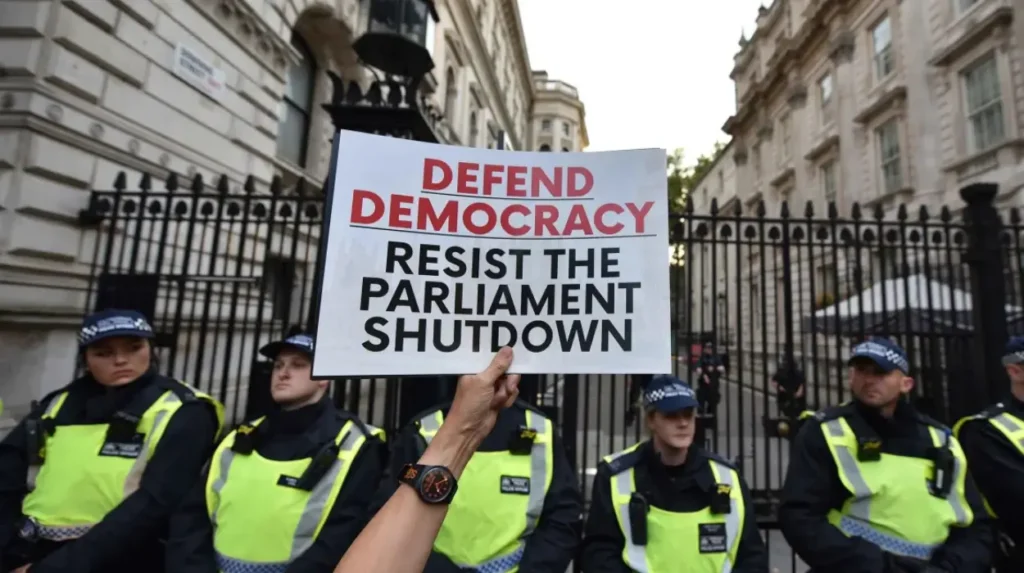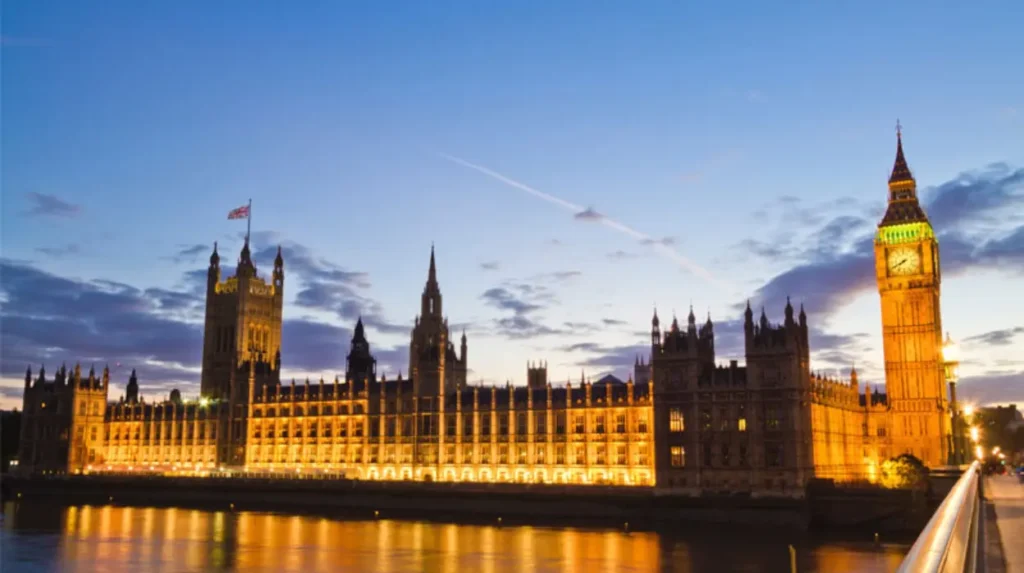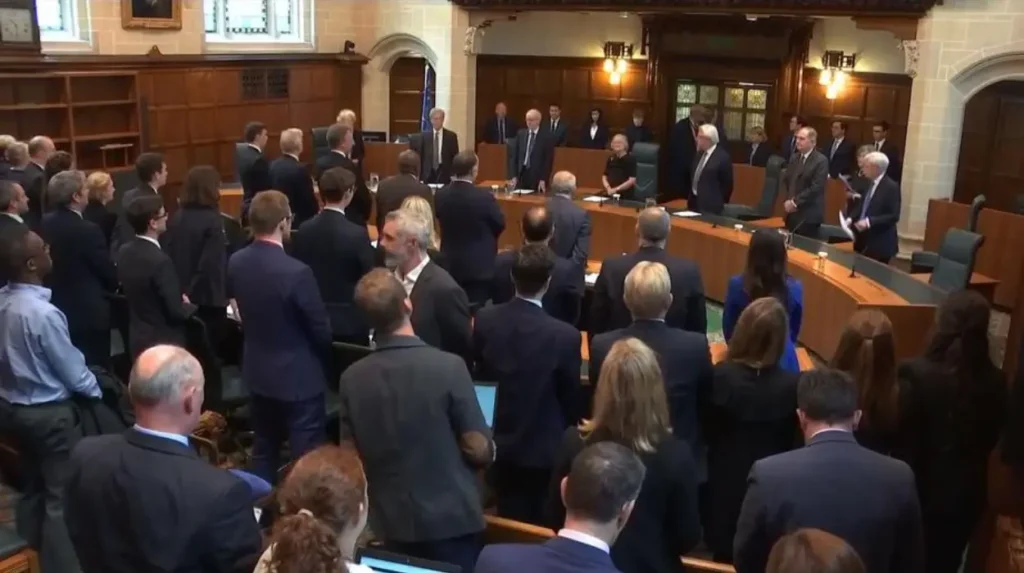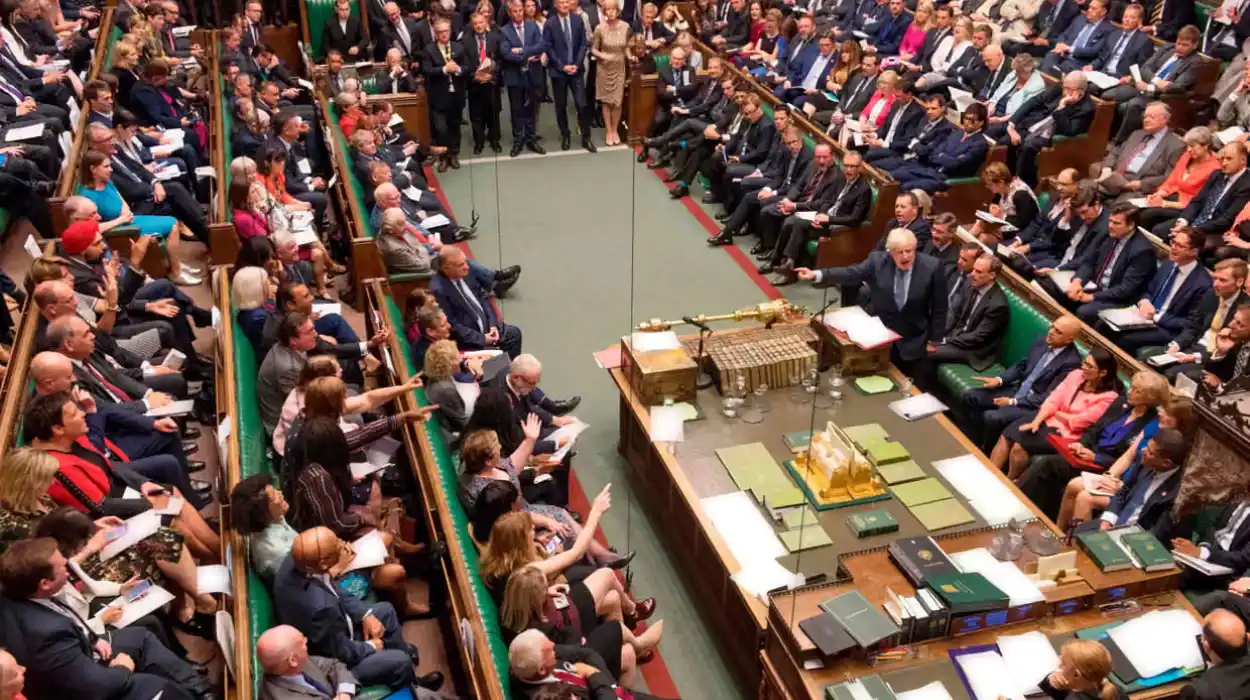Prorogation is the suspension of Parliament in formal terms between sessions declared by the monarch on the advice of the Prime Minister. Prorogation is a commonplace constitutional practice but can become politically controversial to the extent that prorogation is seen as a method of avoiding parliamentary scrutiny of the government. This sets up the important question: is it possible for the UK Parliament to legally prevent prorogation? This article will review the UK Parliament Legally Prevent Prorogation.
Understanding Prorogation in the UK
Prorogation is the official termination of a parliamentary session. It should not be confused with the dissolution of Parliament prior to a general election nor with a recess. Except the prorogation takes place, this means the suspension of Parliament until the next session is called by State Opening. There are essentially two reasons for prorogation:
- To mark the termination of the present parliamentary session and
- For giving the government time to think about preparing a new legislative agenda.
When Parliament is prorogued, current bills and motions not passed into law are dropped or carried over in accordance with the rules of prorogation. Committees cease to meet, and there will be no parliamentary debates or questions.

Can Parliament Prevent Prorogation?
There are numerous legal, procedural, and political tools that MPs can wield to limit or restrain prorogation. However, most of these are tied in the practical sense to timing, majority, and political will. Below are the methods Parliament can use to stop or minimize prorogation.
1. Pass Legislation to Limit Prorogation
When Parliament reconvenes, Parliament can introduce and subsequently pass bills that limit the Prime Minister’s ability to prorogue Parliament by setting out criteria for prorogation, such as time limits and/or limitations by requiring approval from Parliament if prorogation is beyond a certain number of days.
Such legislation can protect Parliament from excessive and/or purely political uses of prorogation. The only impediments to passing such legislation are time, government support for the legislation, and a majority in Parliament.
2. Using Emergency Parliamentary Procedures
In the event prorogation is announced with little advance notice, MPs have the alternatives of fast-tracking bills and/or motions before prorogation takes effect. MPs can ask for emergency debates and invoke all manner of parliamentary procedural rules that give priority to their legislation. This can ensure Parliament acts in a timely manner to protect its sitting period, but the window will often be so short, and MPs will have to coordinate quickly.
3. Introducing a No-Confidence Motion
A vote of no confidence can challenge the authority of the government to continue in power. Should it pass, it may prompt a change of prime minister or a general election, both of which would prevent the executive’s prorogation plan from continuing. A vote of no confidence is a high-stakes effort, but it is one of Parliament’s most powerful instruments to stop abuse of prorogation, and it relies completely on MPs in its ability to achieve cross-party solidarity.
4. Creating Political and Public Pressure
MPs do not have any formal legal powers; they can bring public and media attention to the issue, and as such, being consistent in solidarity against prorogation through media appearances, speeches, and campaigns puts pressure on the government to avoid public backlash.
If MPs consistently frame prorogation as undemocratic or harmful to parliamentary accountability, ministers may calculate the political costs of continuing to prorogue. MPs can enhance this political pressure by publicly protesting and petitioning the public so that the political calculation made by the minister becomes too risky to proceed with rewarding or benefitting from an executive prerogative like prorogation.
5. Intervention by a Court through Legal Action
If prorogation is unconstitutional, the proroguing party (MPs in this case, or someone else affected) may take the case to court. Courts can judicially review the decision to determine if it is undermining parliament’s function unlawfully. The Supreme Court case in 2019 is the most obvious example, which demonstrates the courts will act on prorogation where it contradicts constitutional principles. However, this option depends on a legal process, which takes time and may not always guarantee that timing and option would be available for the ruling government.
6. Cross-Party Cooperation for Legislative Safeguards
Members of Parliament from various political parties can work together to create safeguards against prorogation abuse in the long term. This may be by establishing fixed rules in law or new parliamentary practices. Cross-party collaboration creates a stronger barrier to any single government fully discarding such protections when they are in government. And while it is difficult to collaborate in a divided Parliament, this option offers more permanence and means of addressing the underlying issue.

Possible Reforms to Prevent Abuse of Prorogation
Some constitutional experts believe legislation to reform the rules on prorogation to safeguard parliamentary democracy is called for.
- Statutory Duration Limit for Prorogation: One member’s idea would be to create a limit on the duration of prorogation, even if prorogation is only open for a limited time without any further prorogation during that period to gain any political advantage.
- Require Parliamentary approval to prorogue Parliament: Another member endorsed an idea that would require the MPs to approve any prorogation over a few days to prevent the government from being able to prorogue Parliament easily.

Limitations on Parliament’s Capabilities to Guard Against Prorogation
Even with possible alternatives, Parliament cannot always act if the government accelerates its process.
- Short Notice of Prorogation: If the Prime Minister advises an immediate prorogation, Parliament may not effectively have adequate time to respond before it is properly prorogued.
- Reliance on Majority Support: In cases where a governing party has a strong majority, opposition MPs will be unable to obstruct prorogation through legislative initiatives or voting.
- Political Pressure: Historically, the primary form of defense has been political outrage and the court of public opinion. A government that prorogues Parliament in a controversial manner runs the risk of considerable harm to their reputation. This is an unreliable constraint, particularly in highly polarized politics where the government may be willing to suffer that damage in order to achieve a political objective (e.g., “no-deal” Brexit in 2019).


